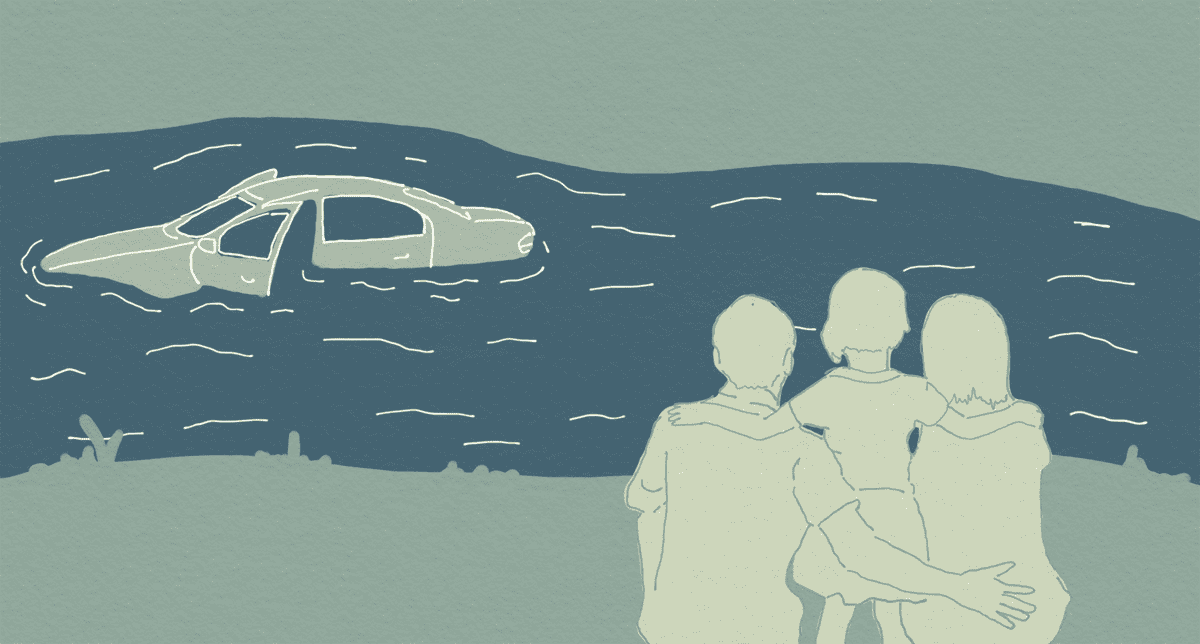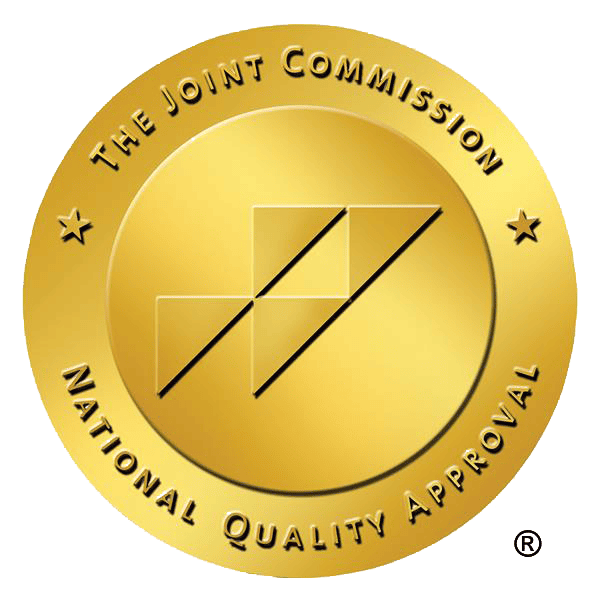Imagine that you and your family are trapped in an overturned car in the bottom of a ravine. All of you have survived the wreck, however, each of you has sustained significant injury. To say that everyone is terrified, rattled, confused and angry would be a tremendous understatement. At this point, it’s not relevant why or how this happened, or who is at fault. The only thing that matters is that each of you finds a way out.
Taking this analogy further, if we are lying in the car in the ravine, and our loved ones find a way to get out and get help for their wounds, we feel relieved—over-joyed. However, in no way does the healing of their wounds heal our own. Similarly, our ability to find our own way out of the car would undoubtedly motivate and inspire our loved ones to do the same, much more than merely telling them that they should do so.
As each member of the family finds a way out of the car and finds help for their wounds, the family experiences true healing and connection from this common journey. This analogy is a helpful way to describe to families not only the experience of being impacted by a substance use disorder, but also the work ahead of them involved in becoming a helpful part of recovery.
Understanding the Impact
It’s no secret that many families impacted by substance use disorder have been through tough times and are more than ready to put the past behind them. In many ways, this is an important part of recovery. It’s not productive to place shame on our loved ones, repeatedly bringing up past hurts in hopes of shocking them into reality. Instead, research shows that a family’s ability to show compassion is correlated with more positive recovery outcomes.
However, understanding the impact of a substance use disorder is still a necessary first step— for everyone in the family, including the person who is chemically dependent. Just as a physician treating patients at a hospital would assess damage after a car wreck, families must also come to understand the wounds of a substance use disorder (SUD) and how it has altered the dynamics of their family.
For example, over time, some families begin communicating in more shallow ways to avoid bringing up anything that might trigger or set off the individual dealing with an SUD. Without realizing it, family members may continue to follow these same patterns long into recovery, keeping the depth of their emotional connection at surface level. They may experience frustration, hurt and anger as they continue with the unhealthy dynamics that have become their norm.
Taking Responsibility
Many years ago, a well-known American psychologist said, “You are to be responsible FOR yourself and TO other people.” It’s a natural reaction to want to ease the pain of our loved one. Until we learn the facts about addiction and chemical dependency, we may believe that our loved ones are using chemicals to treat things like low self-esteem or stress, or simply by choice. We find ourselves concentrating more and more on how we can improve the situation and curb the destruction. Historically, this has been referred to as codependency, and families are often told to simply stop these efforts and concentrate on taking care of themselves instead. However, we wouldn’t tell someone with addiction to simply “stop” and “take care of themselves,” so it’s important that this same understanding is reached with their families.
In fact, these behaviors and thoughts are better understood through the lens of Post Traumatic Stress Disorder. The impact of addiction on families cannot be solved by believing we can simply stop intrusive thoughts and compulsive actions. Instead, families should receive guidance towards understanding the impact and developing a path forward for their individual healing. As families begin to understand that they are limited in what they can do for their loved one, they are better able to shift their perspective and see how powerful their own healing can be.
A few ways that we can begin to take responsibility for ourselves as a family member of someone affected by substance use disorder, thereby significantly increasing the chances of our loved ones’ recovery, are:
- Finding the willingness to take responsibility for our own unhealthy behaviors
- Having the courage to acknowledge sources of grief and loss that are years and decades old
- Entering into a family recovery support group
Have Hope and Trust
Before, and early on in the treatment/recovery process, families often rely solely on hope that their loved one will recover, and they often have a difficult time trusting others. It can feel confusing when we end up distrusting the very people we are so desperate to help get well. One of the main symptoms families experience is preoccupation. No different than a war veteran who has intrusive thoughts about combat, we often have intrusive thoughts about our loved ones’ well-being. When asked how we are doing, we may answer with how our loved one struggling with addiction is doing, rather than sharing how things are in our own life. Along this line, we often believe that helping and supporting our loved one to heal (i.e., to get out of the wrecked car) will heal us, and all will be well. In reality, the pressure the person with a SUD feels from this expectation can make their own recovery, as well as their family’s recovery, quite difficult.
Family members might feel, consciously or unconsciously, that they are being negligent if they stop worrying and engaging in variations of what feels like risk management. It can feel like shirking our responsibility to put on our own oxygen mask. We may find ourselves dealing with fear, worry and anxiety surrounding the “what-Ifs” of our loved one’s recovery, and the reflex to go to our loved one for them to assuage our concerns can feel automatic.
However, trusting in one’s self and the recovery journey involves having compassion for yourself when these feelings arise, and utilizing coping skills for family healing to handle them in more adaptive ways. These are just a few of the methods we can utilize:
- Reading family recovery literature such as Al-Anon or Families Anonymous
- Making a call to a family recovery contact who can help give us some perspective
- Taking a walk outside or journaling
In this way, family members begin to experience hope in their ability to heal, change and trust in the recovery process.
Contact our client care team to learn more about family therapy and family recovery support groups offered through The Prairie Recovery Center, a residential healing center within the Ethos Behavioral Health Group system of care.






